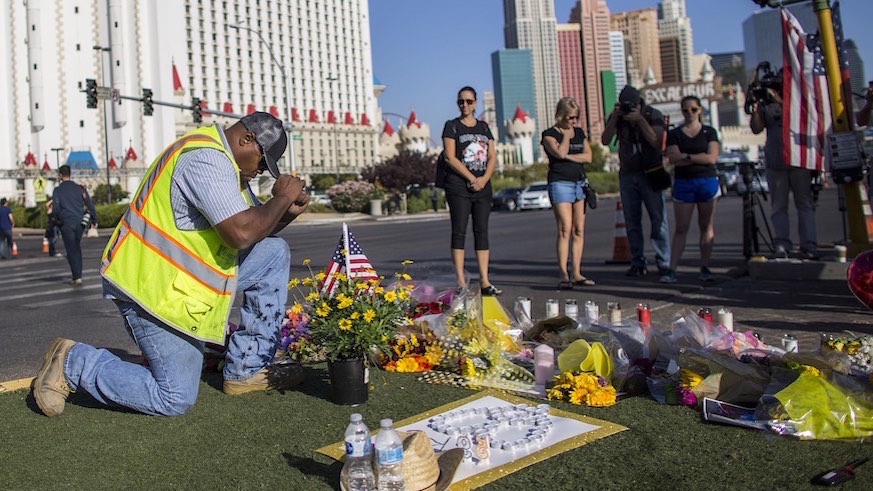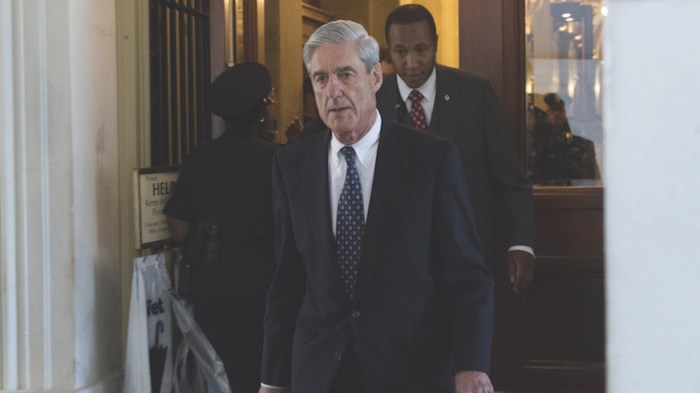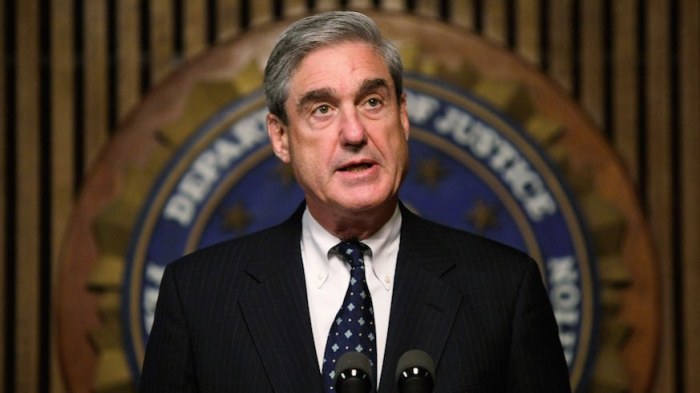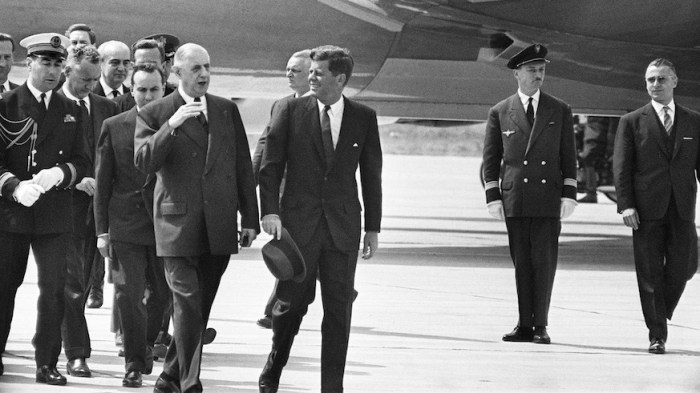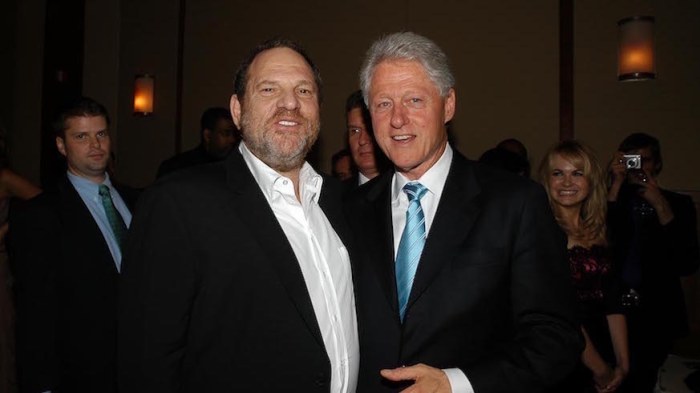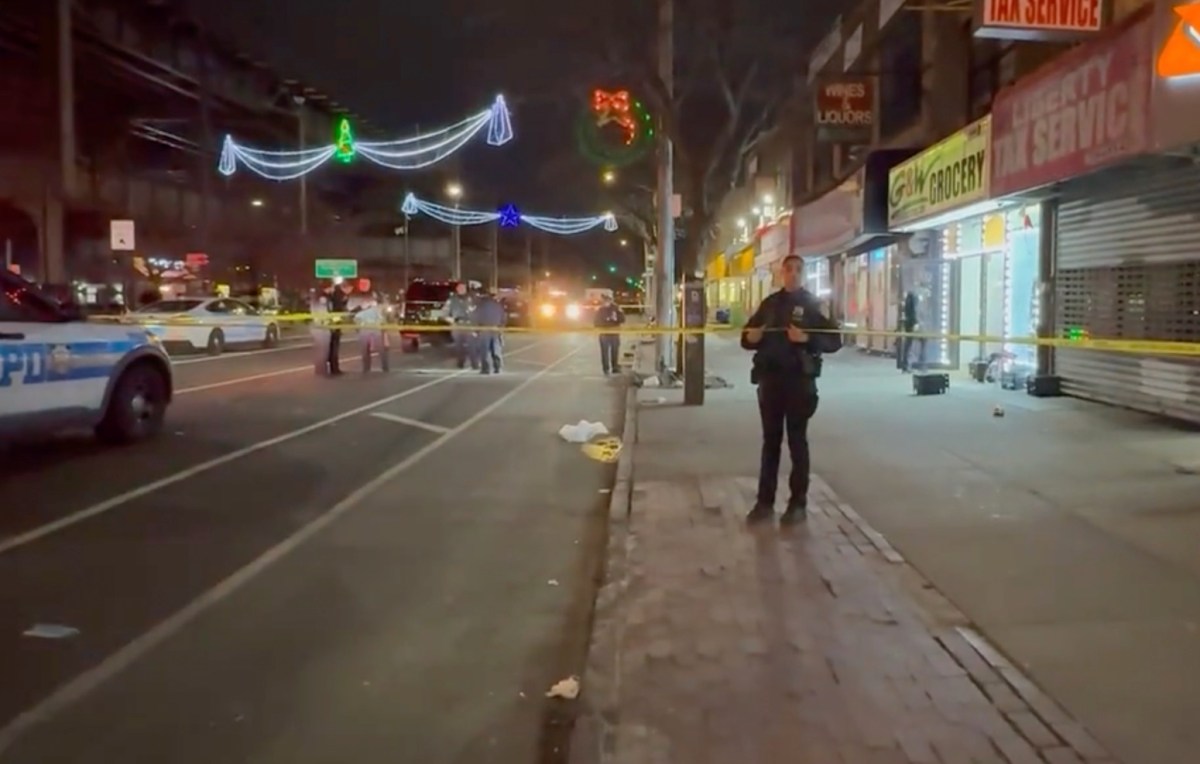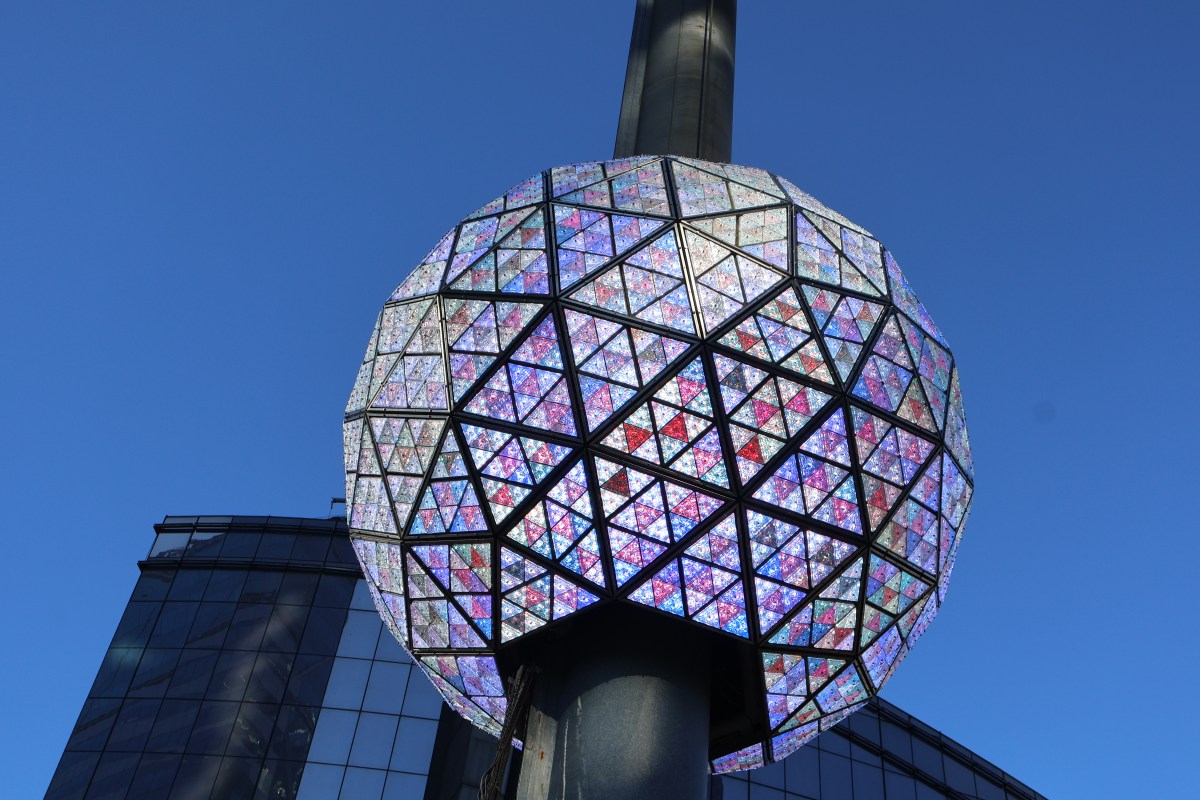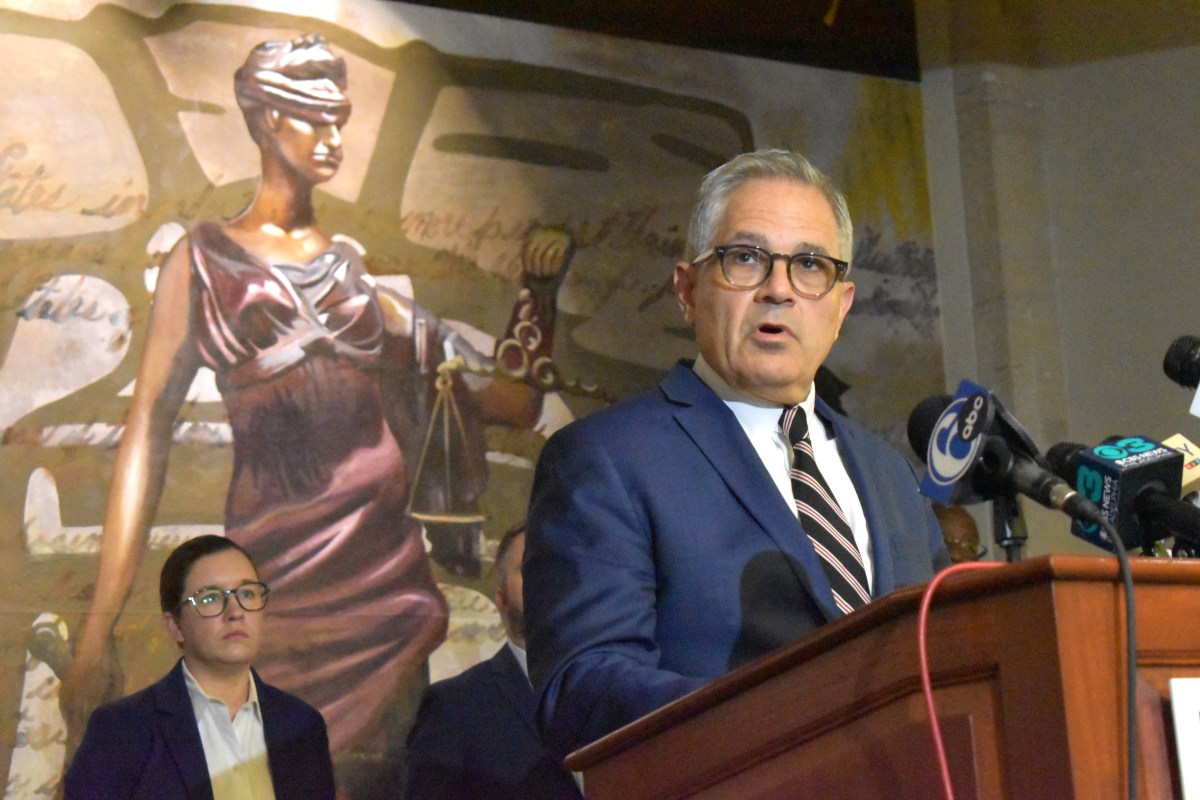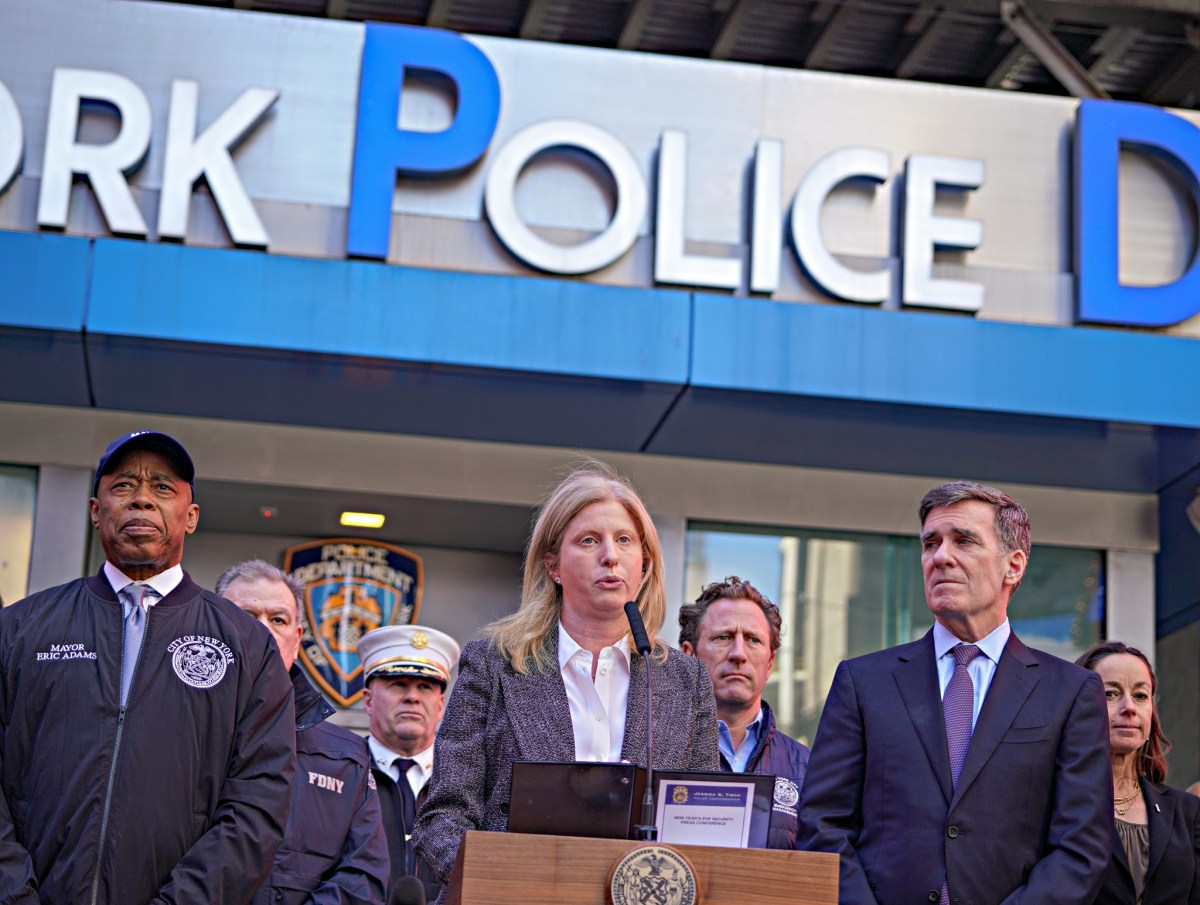I am standing on a hillside behind a cafeteria in Killeen, Texas. It is past midnight yet the lights inside are blazing. Earlier, a man drove his pickup through one of the windows, stepped out and shot 23 people to death. Long white curtains cover the crime scene, but the wind is pushing them out through the smashed glass. With each gust, they fill, rise and open to reveal the chaos of tipped tables and chairs, dropped plates and blood. Then they close again. It is October 1991 – 26 years ago this month – and the massacre is widely reported as the worst in modern American history.
Of course, we’ve had plenty of mass shootings since I became a national news correspondent, and I’ve had some role in covering most of them: Las Vegas, Orlando, Blacksburg, Newtown, San Bernardino, Ft. Hood, Binghamton, D.C., Aurora, Atlanta, Kinston, Roseburg, Charleston, Red Lake, Waddell, Jacksonville, Seal Beach, Manchester, Appomattox, Carthage, Omaha, San Francisco.
Sometimes my work has been done at a distance: making phone calls, doing research and noting oddities – like the gunman who put on ear protection before murdering eight lawyers in their offices. Other times it was up close: talking to grief-stricken relatives, attending funerals or walking the edges of the place where it happened.
Once, it was horribly personal. My wife, our two small daughters and I lived a few miles from Columbine High School. I covered those shootings from dawn each day until deep in the night for a month. At home in the wee hours, my wife and I would talk about the victims, the survivors we knew, and we would cry. Then I’d go back to work.
That was also the worst shooting in its day. Then there was Virginia Tech. A new worst. Then Sandy Hook Elementary. Another worst. Then the Pulse nightclub. Again, the worst. The truth is, I’ve been involved in covering so many of these “worst” shootings, I’ve grown to dislike the word. Because I’m not sure it means anything. Because as much as we gather to pray, light candles and recite the names of the dead as a community, I know from experience that the suffering is always personal – that each victim, whether killed alone or amid dozens, is individually mourned, missed and cried for in endless nights of lonely sorrow.
And that really is the worst.

